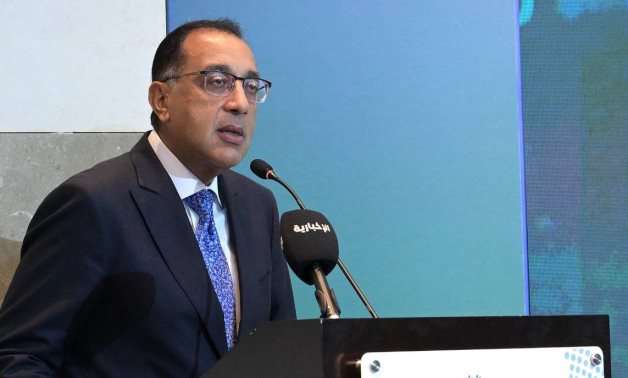The Egyptian government has formed a high-level “Crisis Committee” to closely monitor and respond to the regional fallout from the escalating military tensions between Iran and Israel, officials confirmed on Tuesday.
The move comes as fears grow over the potential for wider conflict in the Middle East following a series of cross-border strikes and retaliatory attacks between Tehran and Tel Aviv over the past two weeks. Egypt, which shares diplomatic relations with both countries and has long positioned itself as a stabilizing force in the region, is now taking precautionary measures to shield its national interests.
According to a statement from the Egyptian Cabinet, the committee will include senior representatives from the ministries of defense, foreign affairs, interior, and intelligence, and will be tasked with “assessing the political, economic, and security repercussions of the current escalation.”
“The state is acting with caution but urgency,” a government source told Al-Ahram. “We are focused on maintaining national security, ensuring border stability, and preparing for potential humanitarian or economic spillovers.”
Egyptian President Abdel Fattah el-Sisi has reportedly received briefings on military readiness and economic contingency plans, particularly in anticipation of disruptions to oil shipments and regional trade through the Suez Canal.
The crisis committee is also expected to coordinate with Arab League partners and international stakeholders in efforts to de-escalate the situation diplomatically. Egypt has called for “maximum restraint” from both Iran and Israel, urging all sides to avoid a wider confrontation that could endanger civilians and destabilize the region.
Cairo has a long history of mediating in regional conflicts and has previously hosted backchannel talks between Iran-affiliated groups and Western interlocutors. Analysts suggest that Egypt may once again play a key role in backroom diplomacy if the conflict continues to spiral.
“The formation of this committee signals both concern and preparedness,” said Dr. Nadia El-Sherif, a Middle East security analyst at the Egyptian Council for Foreign Affairs. “Egypt knows that no one in the region can afford a full-scale war right now—but everyone must be ready for its consequences.”
The Egyptian pound dipped slightly in early trading Tuesday amid investor anxiety over regional volatility, but officials have downplayed the risk of immediate economic shocks.
The crisis committee is expected to issue its first assessment report to the president and cabinet by the end of the week.
